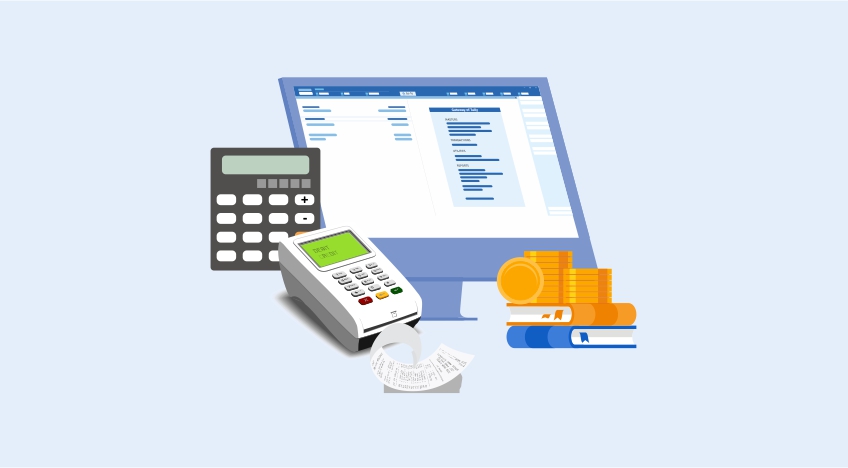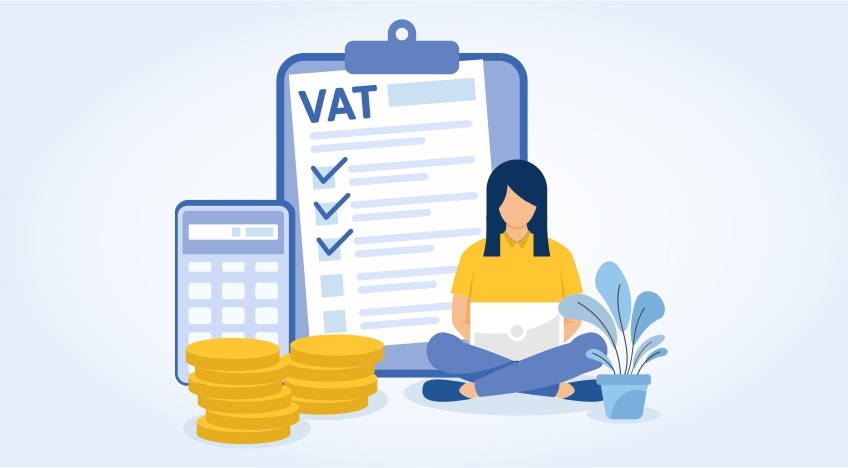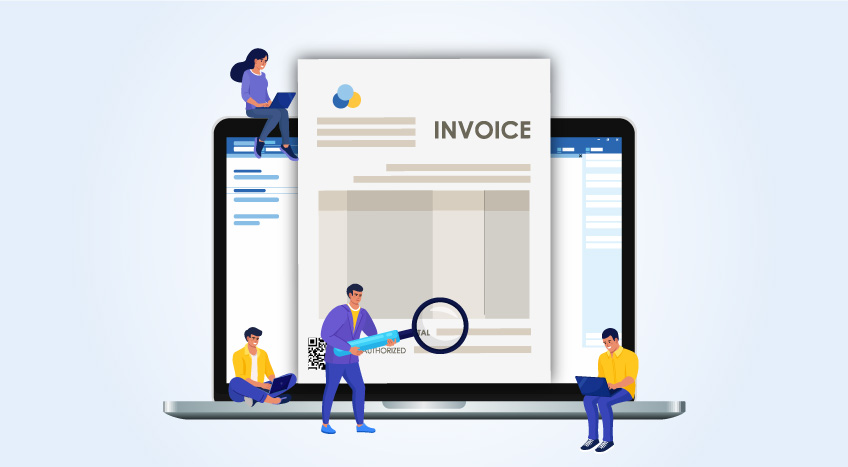- What is VAT in Uganda?
- Key compliance responsibility of VAT registered business
- Who should register for VAT in Uganda?
- How to register your business for VAT in Uganda?
- Businesses that are exempted from VAT in Uganda
Value Added Tax or VAT is a consumption tax that is charged at every stage of the supply chain and every time value is added. VAT is a type of indirect tax. It is levied on every stage until the final product is ready to be sold to the consumer. VAT is added from the time the manufacturer buys raw materials to the time the finished product is ready for the consumer. VAT generates revenue for the government and the tax burden falls on the end consumer which is the customer. VAT ensures and encourages businesses to collect and pay taxes on time.
What is VAT in Uganda?
VAT in Uganda is charged on the supply of taxable goods and services and imports. VAT is not charged on exempt imports and goods and services that are specified by the Uganda Revenue Authority. The standard rate of VAT is 18% which means if you are supplying taxable supplies then a VAT of 18% will be charged on it. Some examples of taxable supplies are goods used by you or your family members from the business for personal use, sale of commercial vehicles, sale of business assets such as furniture, and leasing goods to another party.
If you sell your products to your family members at a discounted rate, then these supplies are taxable as per the URA. If you receive any commission because you sold something for someone else, then this comes under taxable supply. Another area of VAT is zero-rated supplies. Zero-rated supplies have a zero percent VAT charged on them and you can claim input VAT on purchase of goods and services used for business activities t. Zero-rated supplies include exports, medicines and drugs manufactured in Uganda, and transport supplies of goods.
Key compliance responsibility of VAT registered business
VAT in Uganda follows the below process:
Step 1: Charge VAT on supplies
If you are dealing with taxable supplies, then you must have a mechanism in place that ensures you are issuing proper tax invoices. The tax invoice should clearly indicate the price of the item and the VAT charged on each item purchased by the customer. It is your responsibility to charge VAT on supplies and issue tax invoices on time to avoid problems down the line.
Step 2: File VAT return
The moment you become eligible for collecting VAT, you need to register for VAT by going to the URA website. When you are done with the registration process, you need to file the return. This has to be done within 15 days from the previous month. The VAT return has to be filed on a monthly basis in Uganda.
Filing the VAT return is mandatory even if there are no transactions in the given month. It includes the details of the input tax and output tax for all the returns. If returns are not submitted by the due date you will have to pay the higher of the two; a penalty of UGX 200,000 or 2% per month compounded of the return amount for the outstanding return date.
Step 3: Maintain records
You must ensure you are always paying VAT on time and collecting it when you are dealing with taxable supplies. Proper record maintenance is a must and you must use a software package that ensures proper recording of your financial transactions. An excellent example is using a software tool such as TallyPrime.
Who should register for VAT in Uganda?
You should register for VAT in Uganda when your taxable turnover from your business activities for 3 consecutive months is Shs 37.5 million or more and when your annual turnover is Shs 150 million or more. The taxable turnover refers to the combined value of all the taxable supplies that have been manufactured in Uganda. These also include exports and zero-rated supplies. The standard-rated supplies refer to sales and not the profit that you generate. Your business turnover must be calculated regularly and the two periods are the previous 3 months and the next 3 months. You should use a software package like TallyPrime to ensure proper bookkeeping and accurate record storage.
What about businesses with a turnover less than the specified amount? If you are a local authority, public authority, national authority, or regional authority who is planning to set up or already performing business operations in Uganda, then you must register for VAT in Uganda. In such cases, the turnover does not matter and it is mandated by the government that you register for VAT. If you are dealing with exempt supplies then you do not have to register for VAT but if you are supplying zero-rated supplies then you should register for VAT, provided you meet the requirements.
How to register your business for VAT in Uganda?
You can easily register your business for VAT in Uganda by following the steps below.
Step 1: Log in to the URA website
Visit the official website of URA https://ura.go.ug and log in using your credentials. If you have not registered then you can easily sign up by entering the details such as your TIN, form for, pass code, and reg. effective date.
Step 2: Download the online form
When you successfully log in, go to the bottom of the page. You will see a section called ‘Download Forms’ and below that, you will see ‘Download Online Forms’. Click on that and then head to ‘Annexure 2 for VAT Registration’ and click on ‘DT-1011’ which is available in the e-Form column.
Step 3: Fill out the VAT form
The application for VAT registration has many fields such as the purpose of the VAT registration, your business turnover details, relief entitlements if any, and so on. Many of the fields must be mandatorily filled and so ensure that you enter the details correctly.
Step 4: Preview and validate
Once you have completed filling up the form, click on the ‘Validate’ option. Once you do this, a prompt will pop up that will tell you if any errors exist. If any exist, then correct them and validate again. When everything is in place, you can press ‘Ok’ on the prompt to generate an upload file.
You can now save the upload file where you wish to keep it safe and you have now successfully registered for VAT in Uganda.
Businesses that are exempted from VAT in Uganda
The URA has listed supplies that are exempt from VAT. The VAT-exempt supplies include education services, passenger transport-related services, health insurance, financial services, petroleum, life insurance, and social welfare services. The URA can add items to this list and so you can refer to the URA website for an updated list of VAT-exempted supplies.
Read More:










